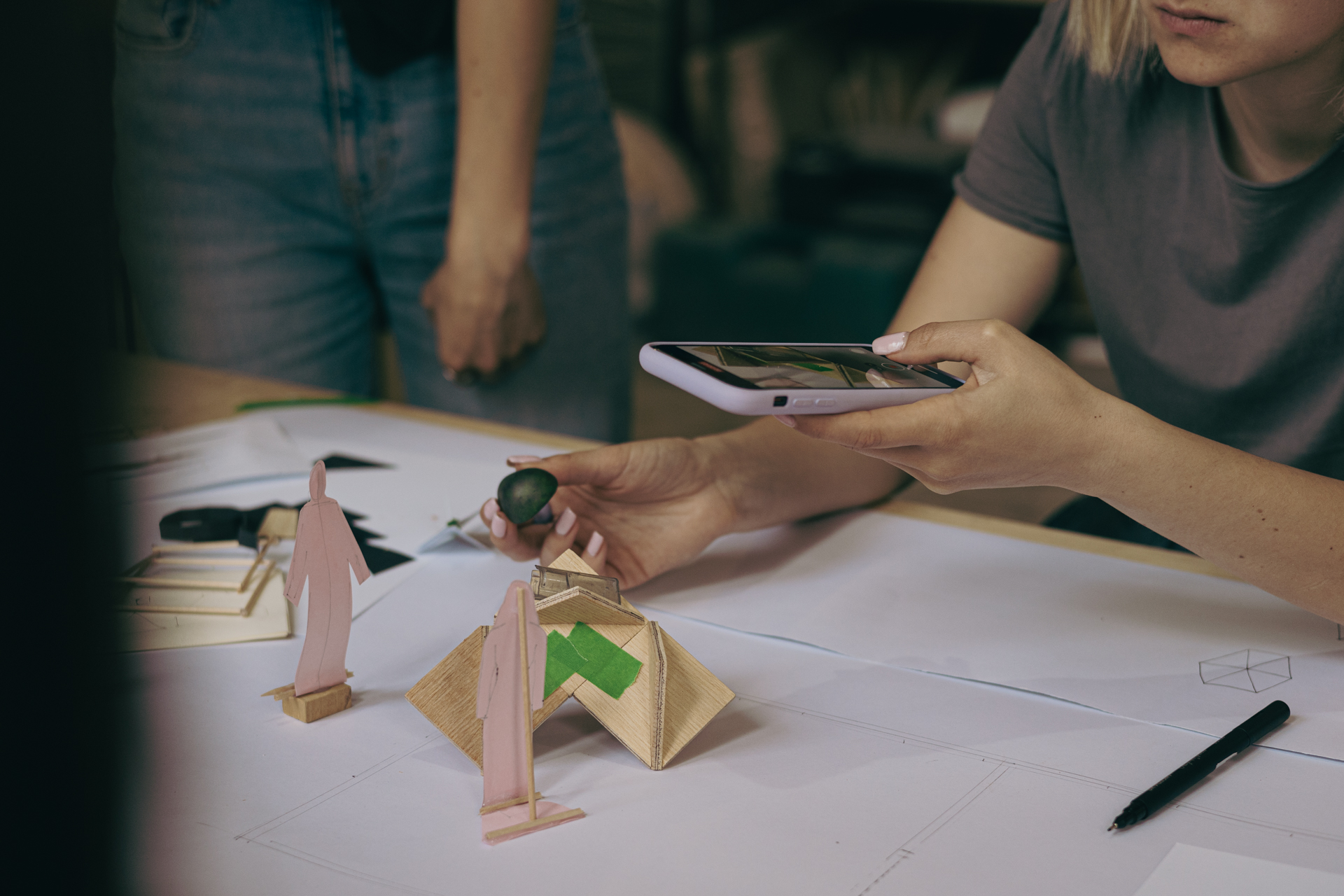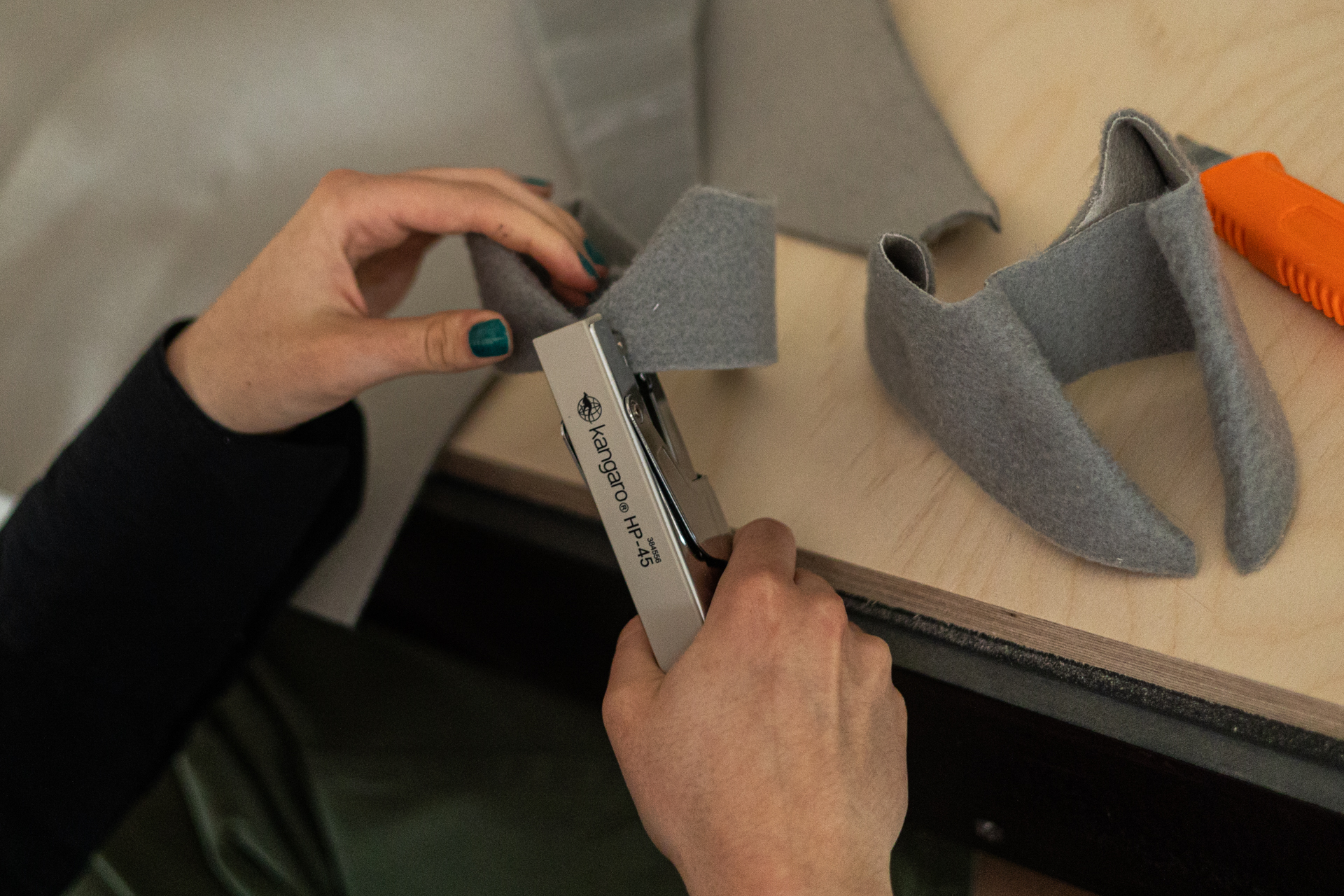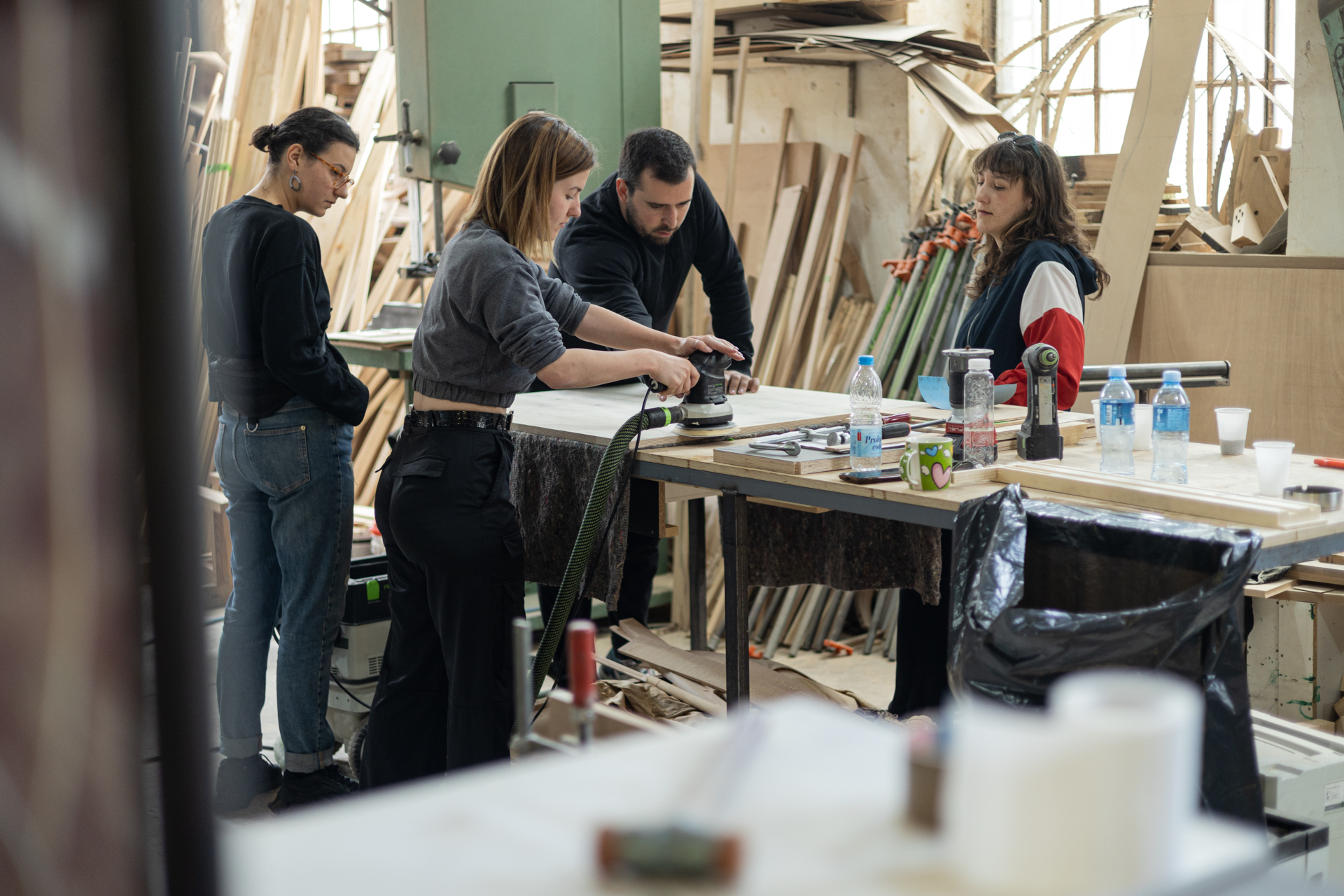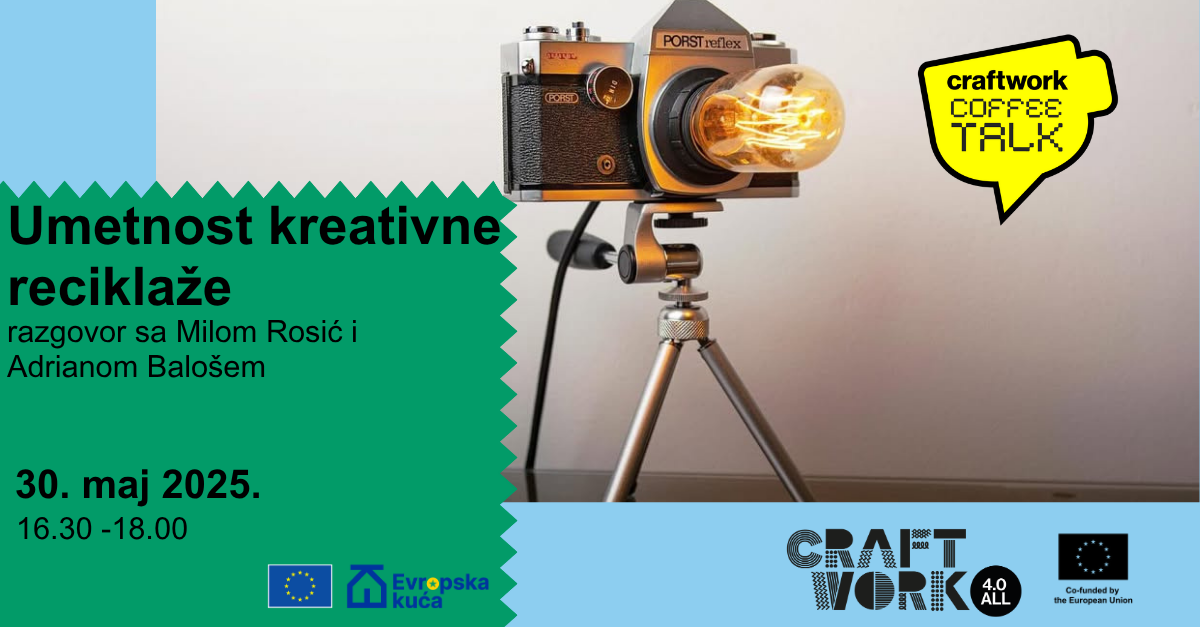WHY?
The diversity of craft practice, attitude and motivation of practitioner ensures that craft remains alive and relevant in contemporary society. It affords scope for self-expression, a statement of creativity in a society dominated by mass production. craft objects find a resonance with us in their reflection of our human scale and capabilities; our ability to manipulate and transform materials in ways that we comprehend if not fully master ourselves.
Contemporary Craft has a greater diversity of motivations from the utilitarian through to self-expression, but the thread of problem solving and unique approaches and outcomes remains. Craft practitioners today are facing economic pressures and identity questions from a number of sources which challenge the economic sustainability of the profession. Recent years have seen a decline in national funding for arts at all levels and activities. Reduced funding results in a reduction in opportunities for training and education for adult learners, as there has been a steady reduction in Arts and Craft provision in schools, with many losing specialist staff and equipment. Already before Covid, the Cultural and Creative Sectors (CCS) were characterized by their atypical working patterns and often complicated employment status as well as their delicate economic situation. This fragility is revealed by numerous data and analyses related to the ecosystem structure, employment and working conditions, access to finance and remuneration models (The Status and Working Conditions of Artists and Cultural and Creative Professionals, 2023).
In our opinion, it is vital that we address this decline by simultaneously integrating novel skills and new technologies in craft, so as to step along with the society’s developments, upskills craft practitioners and their quality of work, and create a new interest for new audiences. The example of Fab Labs has guided this notion, i.e. digital fabrication laboratories, that consist of a place to play, to create, to learn, to mentor, to invent: a place for learning and innovation, providing access to the environment, the skills, the materials and the advanced technology to allow anyone anywhere to make (almost) anything.
In addition, it is vital that we address this decline by making craft a social inclusion movement, open to everyone, addressed to everyone, and with no discriminations. The fact that some of the most skilled hand craftsperson many times come from the Roma community or are women – groups that are traditionally mis-represented in professional and/or academic crafts – speaks volumes.















